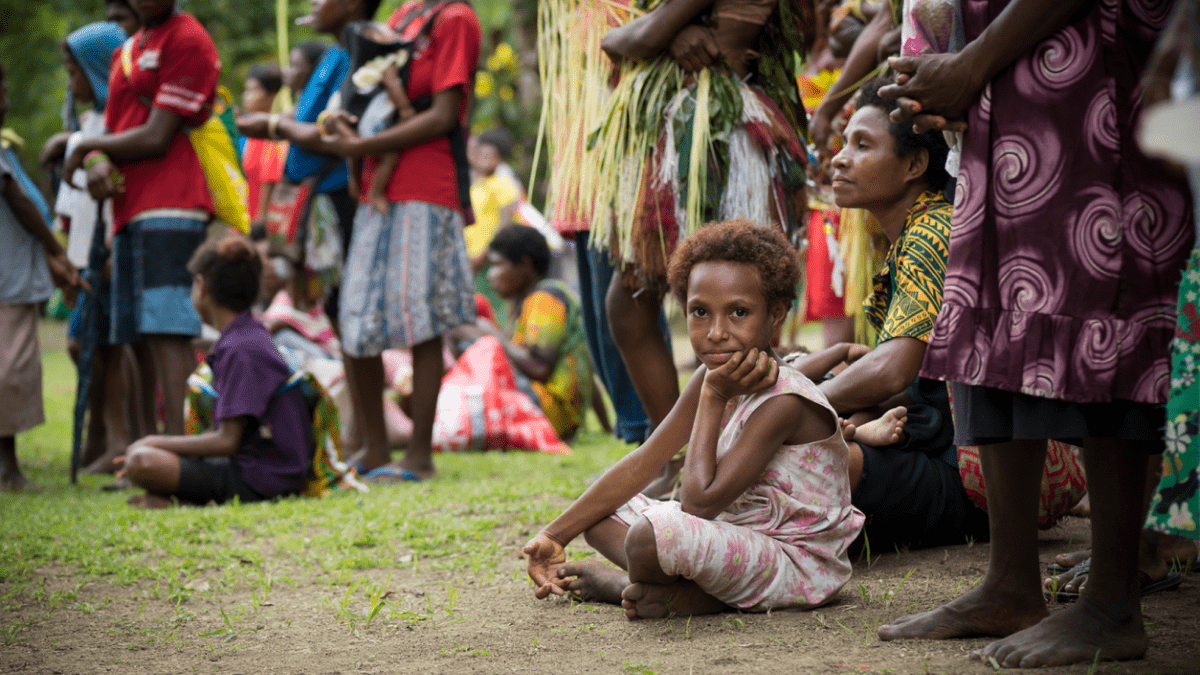Guest blog written by Jean Kupo, Leah Wagi, Judy Gelua and Carrietta Anne Goye
One of the key learnings from this course is the PDIA process. We have learnt that it is a step-by step process of solving complex problems by clearly identifying the problem and its causes, identifying entry points, and taking small steps in addressing the problem while slowly increasing authorization to drive positive change that contributes to complex problems solutions.
We have also realised the importance of working as a team and the value each member of team brings to the team. It is more about being there for each other, acknowledging the challenges and maintaining understanding and respect for each other. In doing that, we found strength in each other to push through as a team regardless of the countless challenges we face either personally or professionally in our full-time job. It has become clear now that our relationship as PDIA peers has extended into networking partners, lifetime friends and family to the TVI family as well.
We chose Sorcery Accusation Related Violence (SARV) as our problem. Throughout the 12 weeks of the PDIA learning, we spent 65% of the time deconstructing the problem to identify the cause and sub-causes of the problem. It was only then that we came to a realisation that SARV is a very complex issue that requires multiple interventions at the both the prevention and response levels.
Our team focused on addressing youth unemployment by keeping youth engaged in sports specifically rugby and integrating advocacy programs into rugby programs. In our first and second iterations, we successfully got the authorization from two Civil Society Organizations and a faith-based organization to integrate their behavioural change programs into the rugby team’s programs so that the players are sensitized and become advocates themselves. Another Civil Society organization in charge of a District rugby league program agreed to partner with us.
Our next iteration was to get the district rugby league year-round program included in the District Development Plan and funded by the district.
Due to the complexity of the problem when we were deconstructing it, we had difficulty identifying the problem statement to clearly identify the entry points and begin our iteration. We may have looked at only one angle of addressing the problem, but multiple causes and sub-causes of the problem still exist to be addressed.
We will continue our iteration to see where it leads us and revisit our fishbone to address other sub-cause of the problem identified either personally in our organizations or as a team after the program.
Our programs and approaches of addressing SARV are usually solution driven approaches as opposed to problem driven. The PDIA step by step process learning has equipped us with the necessary tools, knowledge and understanding of redefining the problem and building our capability including our partners and our government’s capability to drive positive change to contribute to addressing SARV or any other complex issues.
This is a skill we have gained that will not only be beneficial in our professional careers’ certain valuable lessons on time management, building trust and relationship and working as a team has had significant value in our personal lives as well.
Even though we have reached the end of the program, our team has committed to continue our iteration and see where this leads us and to possibly look at how we can address other causes and sub-causes of the problem.
Our team member also has individual plans on how they can apply this learning approach in their personal and professional lives especially in their line of work.
There is no perfect solution to any problem. We can only contribute meaningfully into addressing complex problems and this can only be achieved when we work together using a problem driven approach instead of working alone by focusing on the solutions.
This blog was written by participants who completed a 12-week PDIA for PNG online action-learning program from August – December 2023. 36 participants successfully completed this program.
